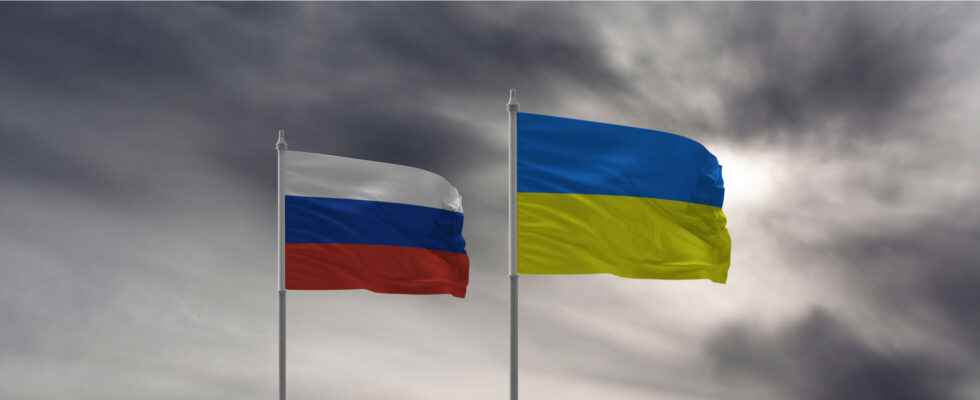This is the result of a survey conducted by the Atlantic Council’s Digital Forensic Research Lab (DFR Lab), which specializes in studies of disinformation, and Meta, the parent company of Facebook and Instagram.
In France, the media 20 minutes has been particularly targeted in recent days.
Pro-Russian mass propaganda orchestrated… from Russia
If you are a more or less regular reader of 20 minutes, you may no longer pay much attention to the URL of the site or to the small padlock ensuring a secure connection. However, this will become all the more necessary since, on October 7, this medium was the subject of an almost perfect plagiarism.
How to distinguish fake from real? The plagiarism featured the logo and the graphic charter, in addition to content published on the official website of 20 minutes. But it displayed another address, almost similar to the original since it was “20minuts.com” with a simple “e” less, as well as pro-Russian propaganda content.
Other major media in various European countries, such as The Guardian in the UK, the Suddeutsche Zeitung and Der Spiegel in Germany, or the press agency ANSA in Italy, have suffered a more or less comparable fate since May 2022. Because, if the war continues on the ground between Russia and Ukraine, the ideological battle is also raging, including through the (dis)information online.
Thus, in August 2022, the DFR Lab, associated with Meta and several German media, managed to uncover a vast pro-Russian propaganda network. In addition to hacker actions against the various media not exhaustively cited, the relay of this false information was done through 1,633 accounts and 703 pages and a group on Facebook, as well as 39 accounts on Instagram.
Six priority target countries
While Moscow is quite logically trying to tilt public opinion in its favor in Ukraine as much as possible, other countries have also been targeted, such as Lithuania, a country bordering Russia and targeted by violent Russian cyberattacks. in June 2022. Germany, France, Great Britain and Italy are also among the targets.
Against the backdrop of the energy crisis, Germany was the main target country. And, with more than $100,000 spent just to sponsor misleading content on its platforms, Meta believes it is “ the most massive and sophisticated disinformation operation of the Russian-Ukrainian conflict.
The deception is all the more costly as part of the sum was used to sponsor this content, while more than 1,000 fraudulent domain names, such as “20minuts.com”, have been identified by Meta. Suffice to say that new operations of such a scale cannot be ruled out.
Sources: DFRLab, 20 minutes

2